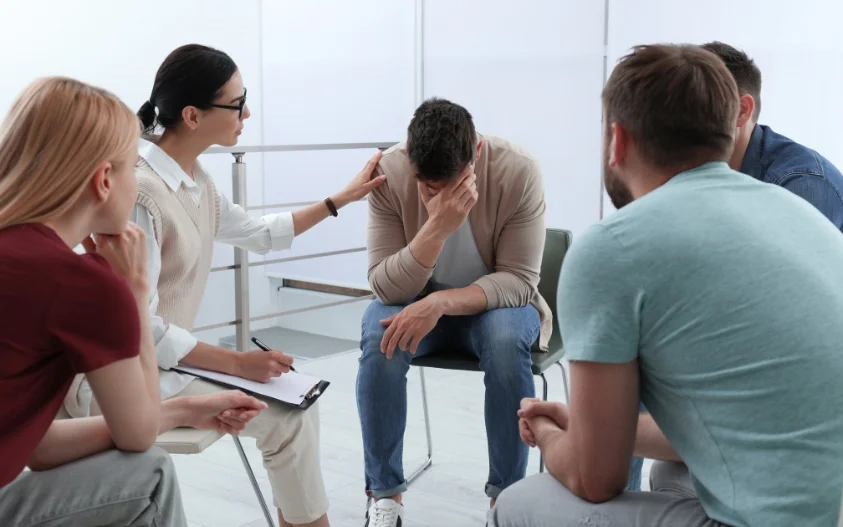24/7 Helpline:
(866) 899-111424/7 Helpline:
(866) 899-1114
Other Insurance Options

Covered California

Health Partners

Sliding scale payment assistance

Group Health Incorporated

Premera

United Health Care

Optima

Coventry Health Care

ComPsych

Medical Mutual of Ohio

Health Choice

Magellan

Highmark

Self-pay options

Molina Healthcare

Choice Care Network

Ceridian

UMR

Regence

Amerigroup












